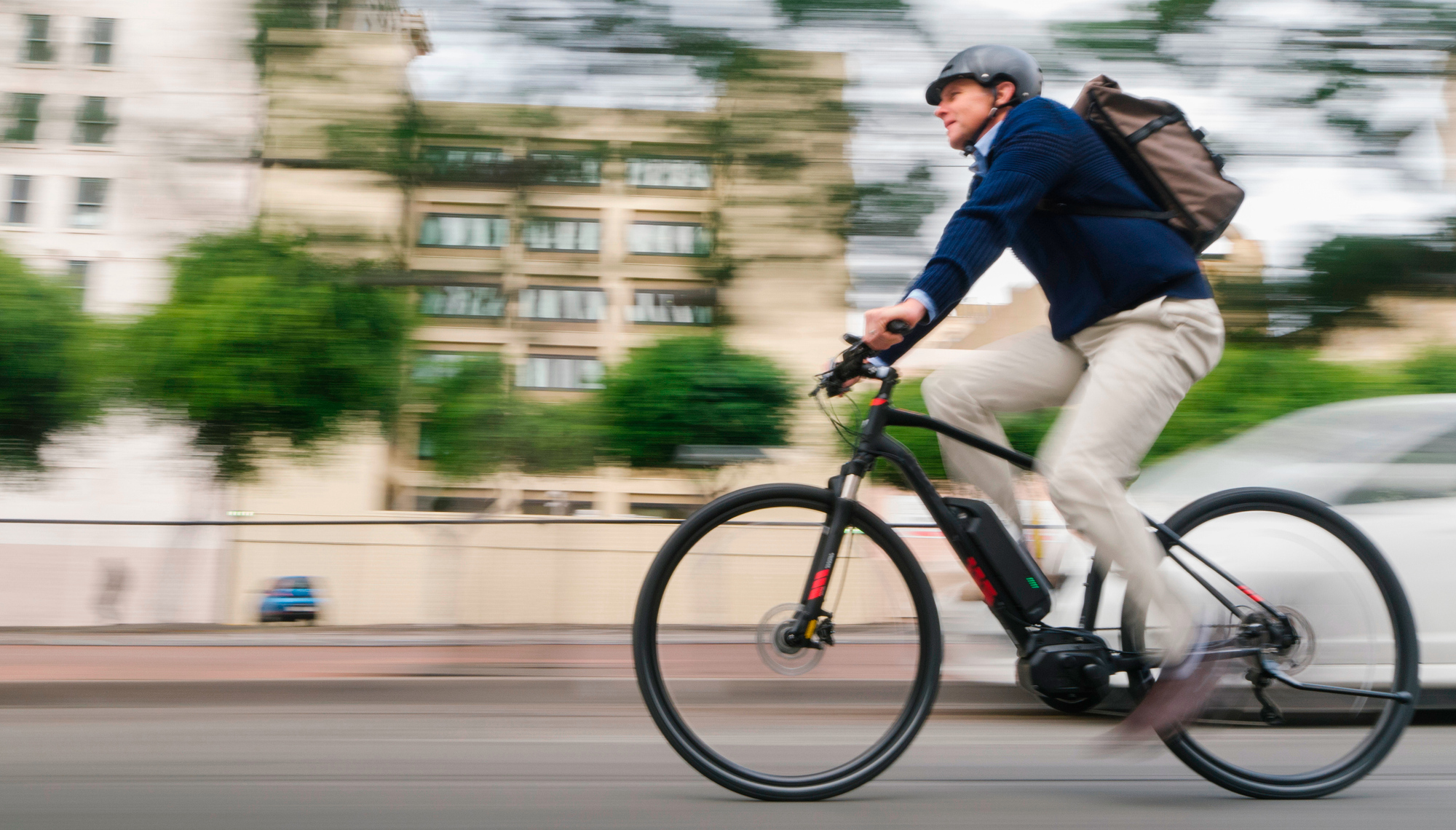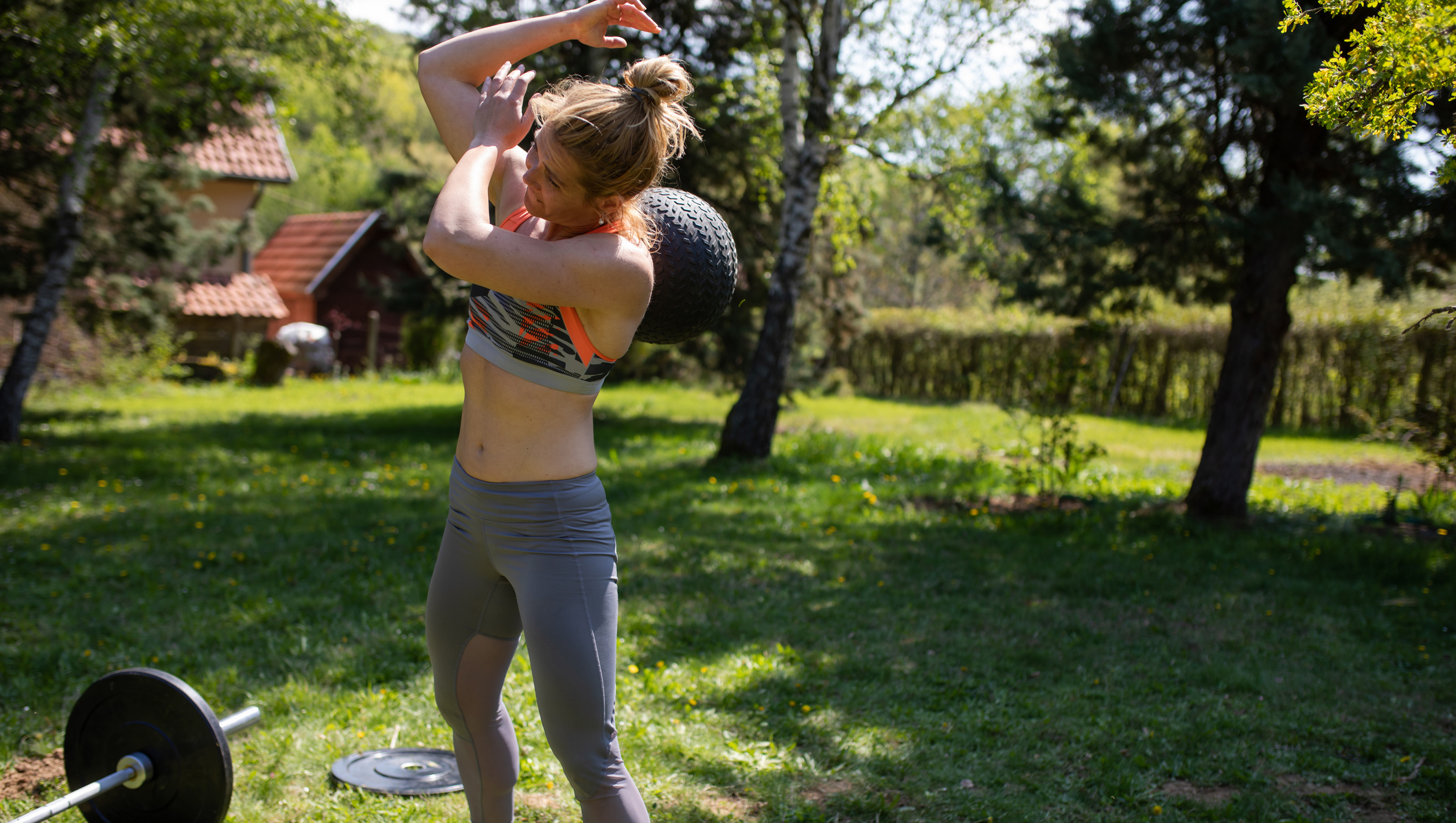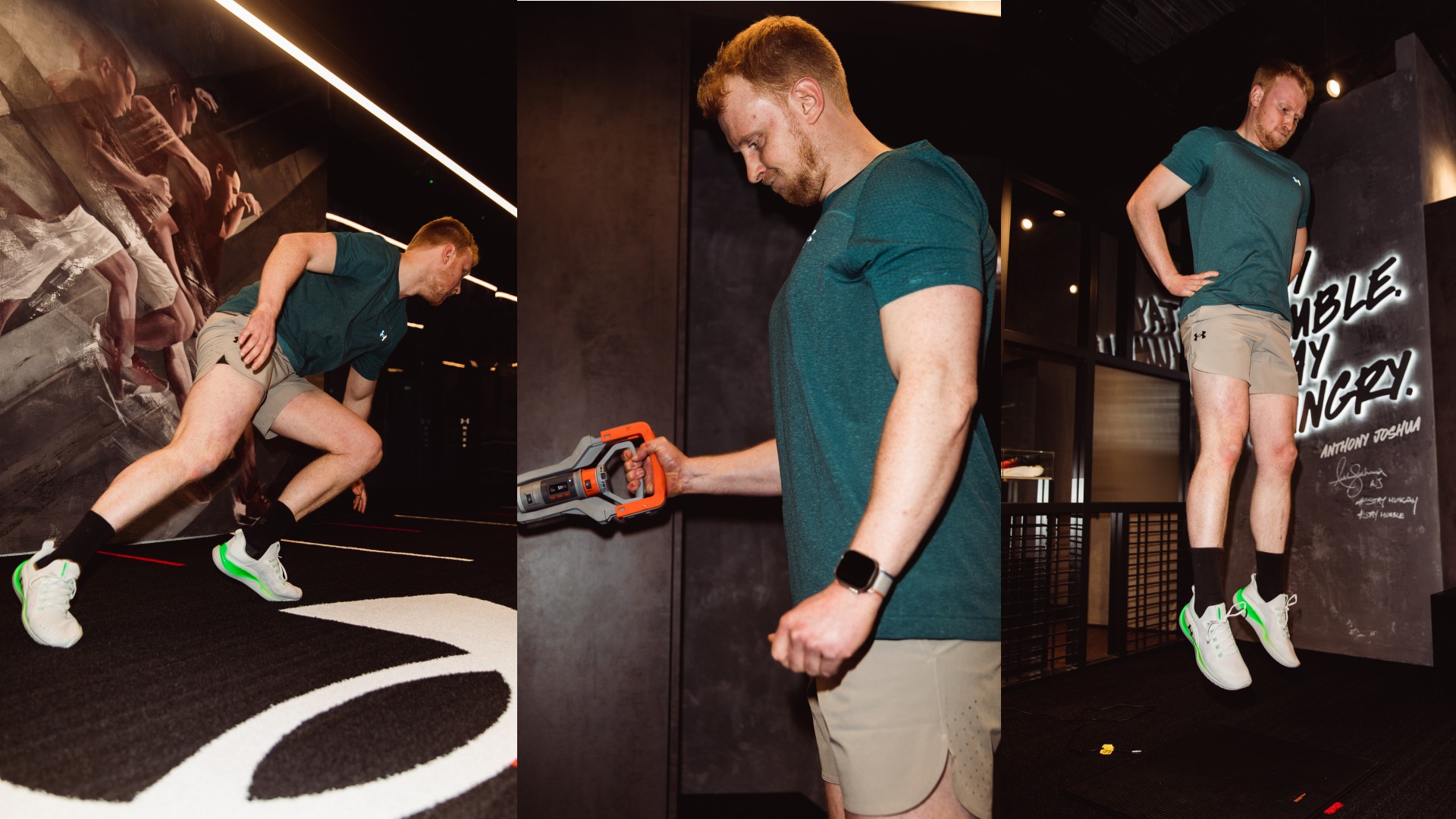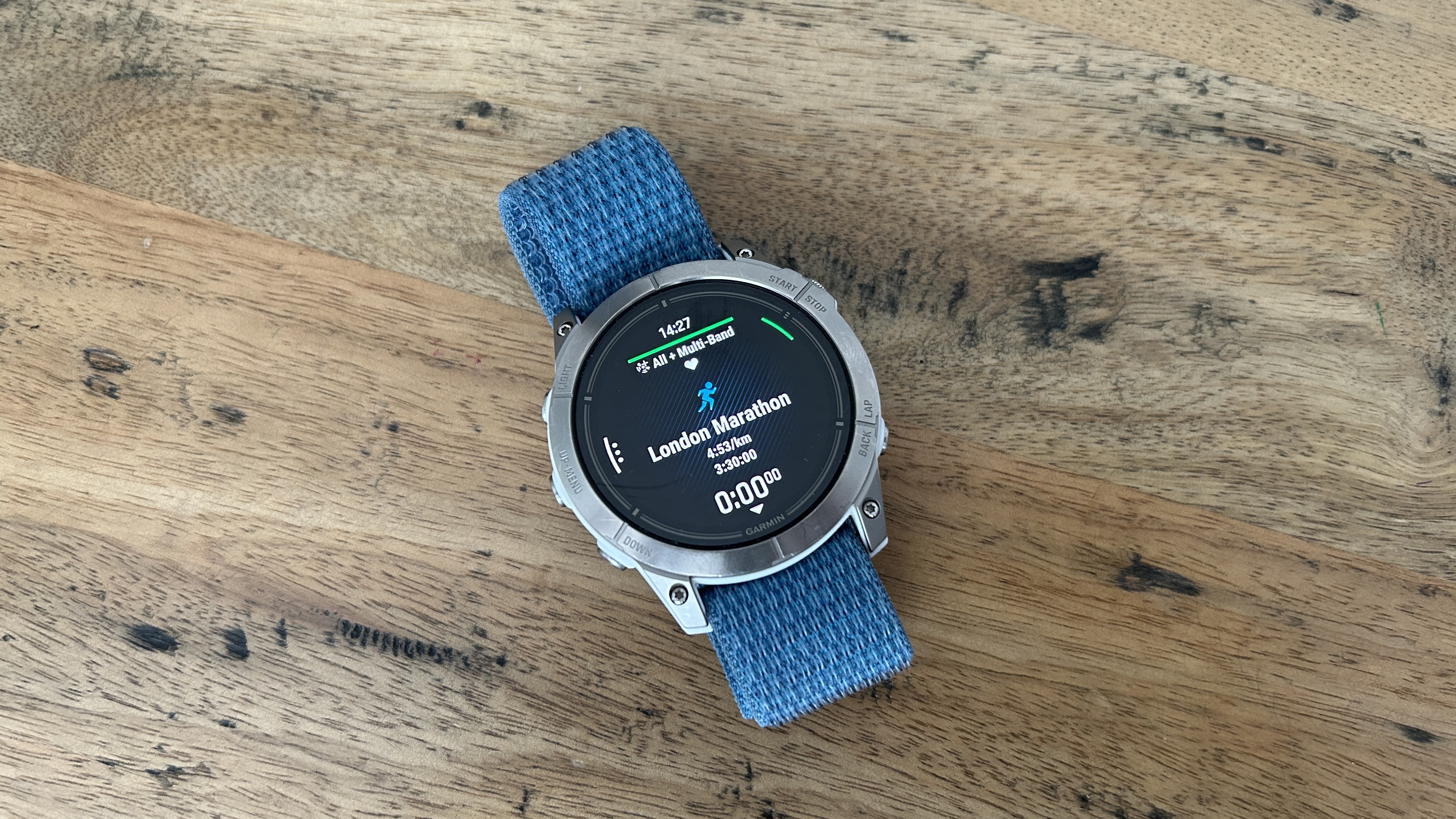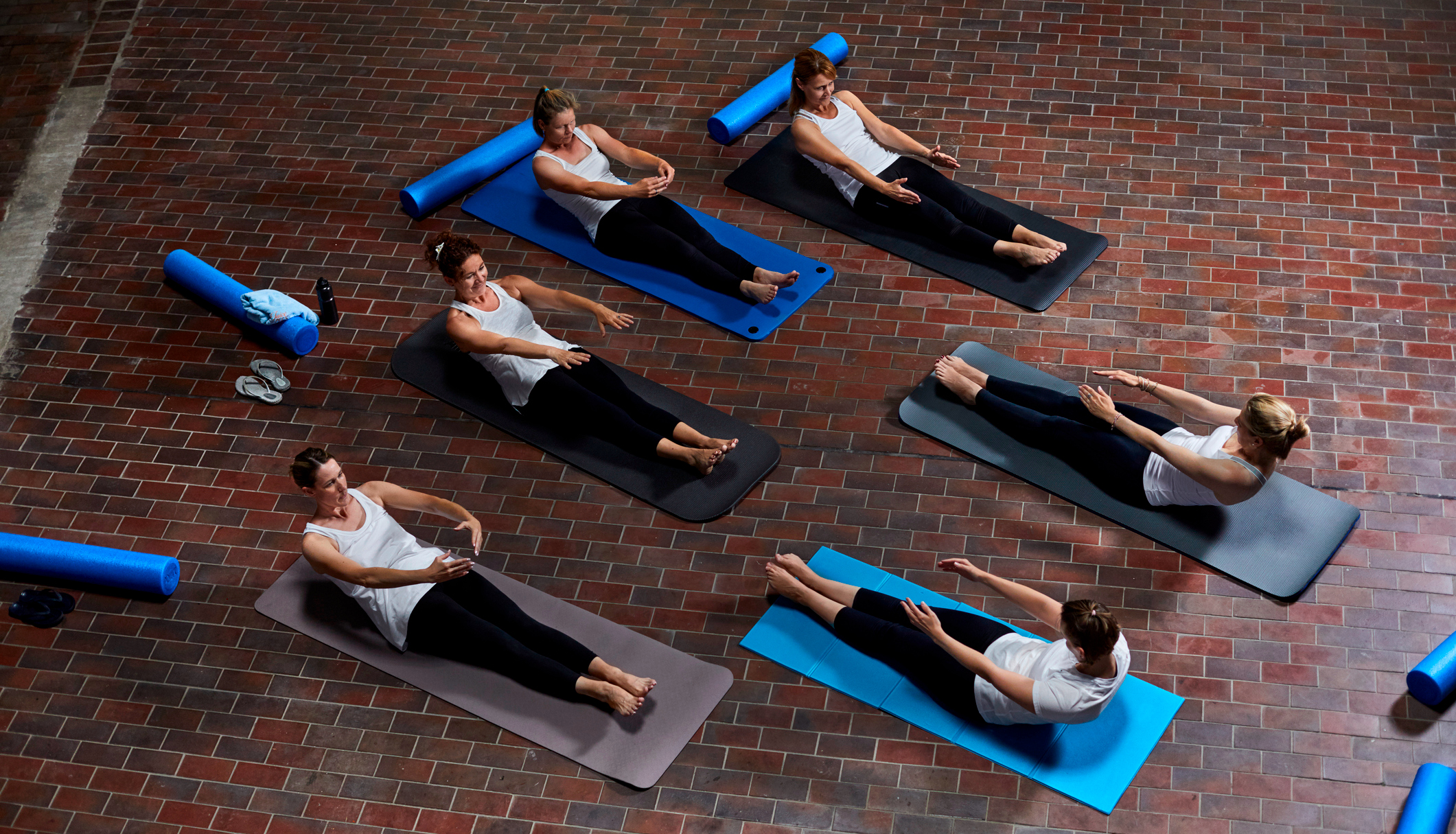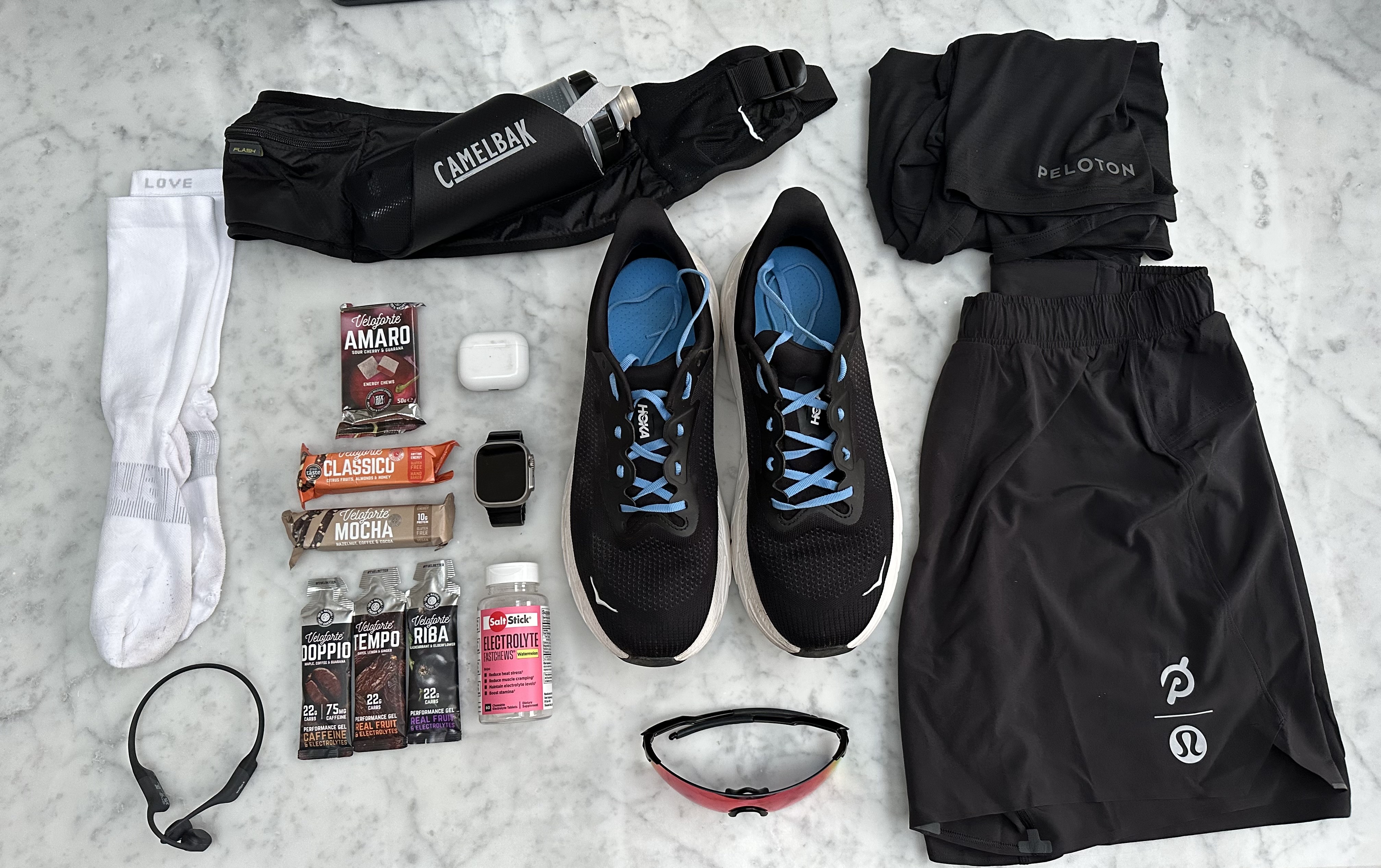Pro Tom Evans On The Benefits Of Cross-Training For Runners
How hitting the pool, gym, bike or yoga mat can improve your running

No matter how much you love running, if your training consists solely of pounding out mile after mile you will eventually tire of the sport. That is, if you don’t injure yourself first.
Cross-training not only provides the opportunity to take a mental break from running and mix up your workout schedule, it also helps to strengthen the body so it can better cope with the demands of the sport and indeed get better at it. In short, whether you’re chasing PBs or just want to keep enjoying running by staying injury-free, cross-training will help.
We spoke to Tom Evans, Red Bull athlete and winner of the CCC ultramarathon at the UTMB mountain running event in 2018, about the benefits of cross-training for runners, and how you can motivate yourself to mix up your workout schedule.
Five Benefits Of Cross-Training For Runners
You can increase your training load without the impact
“As an endurance athlete I try to do between 25 and 30 hours of cardio per week,” says Evans. “If you spend that running week in week out you’d just destroy yourself, mentally and physically. So I use cross-training to increase my overall training load without putting my body under too much stress. Running is good for you, but I know a lot of people struggle with their knees if they do too much running, so being able to add some cross-training in is good.”
You can replicate tough runs while avoiding bad weather
Cross-training isn’t just for adding easy volume to your training, you can also replicate your running tempo or interval workouts to get the same cardio benefits, something that is especially useful when the weather is grim or you’re carrying a mild niggle that running could exacerbate.
“Keep your body guessing is a really effective way to train,” says Evans. “So swapping out a session from running can be good, especially as it’s nearly winter and getting cold. If you were planning on doing an interval session on the track or the road, like five one kilometre reps, and those reps normally take you four minutes, then you can replicate that on an exercise bike. Do 15 minutes easy to warm up, then up the resistance and do six by four minutes, then 15 easy at the end.
“It will work slightly different muscle groups but you’ll still be getting the cardiovascular effect. You’ll get the same gains and benefits in a different way. I find if I have a little bit of a niggle, for me it’s usually my calves or hips from the constant pounding, I don’t get any of that pain from swimming or cycling, and I can still get really good intense workouts done.”
Get the Coach Newsletter
Sign up for workout ideas, training advice, reviews of the latest gear and more.
You can prep for off-road running
If you’re a city-bound runner, then knocking out a lot of training on flat roads will only get you so far when it comes to prepping for the up and downhills you have to tackle when trail running. If you’re trying to prepare for an off-road event in the city then certain types of cross-training become essential.
“There are exercise that can replicate being in the mountains,” says Evans, who tackles more than his fair share of mountain running. “You can do step-ups in the gym or use a stair machine. It’s great way to replicate that environment and it’s really useful for people who don’t have the luxury of living in the mountains or being able to go on long training camps. It can improve fitness and get you ready for a race in the mountains even if you live in London.”
You can explore more
This is one for people who might choose cycling for their cross-training. It’s no secret than you can cover more ground on two wheels than two feet, so you get to explore further afield while still getting a good workout.
‘“With riding you see so much more, says Evans. “On a four or five-hour ride you might cover around 100 miles, but on the same length run you might cover half of that, but it’s unlikely. So you can see more, and you can stop for coffee and cake!”
You can make it a social affair
Although you can and should go running with others when the opportunity arises, it’s a sport that many people tend to do solo, especially when sticking to a rigid training plan. In that case your cross-training can be a great time to meet with friends.
“I love going out for a long ride with group of mates on a Saturday or Sunday,” says Evans. “You can chat, go for a coffee. It’s just really nice thing to do.”
See related
- Five Benefits Of Cross-Training
- The Fundamentals Of Strength Training For Runners
- Swimming Workouts To Improve Your Speed And Stamina
Three Tips For Motivating Yourself To Cross-Train
Hopefully by now you’re well-convinced of the merits of cross-training, but it can still be tough to summon the motivation and actually get it done. Here are three tips from Evans that should help.
Save your music for tough days
“I very rarely run or train with music,” says Evans, “so if I don’t want to run or train I use it then. I have the worst music taste ever, the most poppy embarrassing stuff, but it motivates me.”
We had to ask what kind of music Evans listens to and his current favourite is “Baby” by Bakermat, if you are in need of a power song for your workouts.
Remember it’s all part of a wider plan
“It’s important to keep your focus and remember that everything has a purpose,” says Evans. “You’re not just going to a gym to sit on a bike for an hour – it helps you get closer to your overall goals.”
Just as with the hard moments in tough training runs, focussing on the end goal, whether it’s improved fitness or a target race, can help you get it done.
Dose yourself with caffeine
When all else fails, turn to the most popular performance-enhancer available – caffeine.
“I also use Red Bull,” says Evans. “I find having a can before a session does motivate me and helps me to focus. The caffeine benefits for endurance are good – it makes me do my session and do it to a high standard, so I’m in a much better place than I would have been if I’d stayed on the sofa watching Netflix, which I am also very good at doing.”
Tom Evans is a Red Bull athlete, to find out more on using Red Bull to support your training and performance visit redbull.com

Nick Harris-Fry is a journalist who has been covering health and fitness since 2015. Nick is an avid runner, covering 70-110km a week, which gives him ample opportunity to test a wide range of running shoes and running gear. He is also the chief tester for fitness trackers and running watches, treadmills and exercise bikes, and workout headphones.

